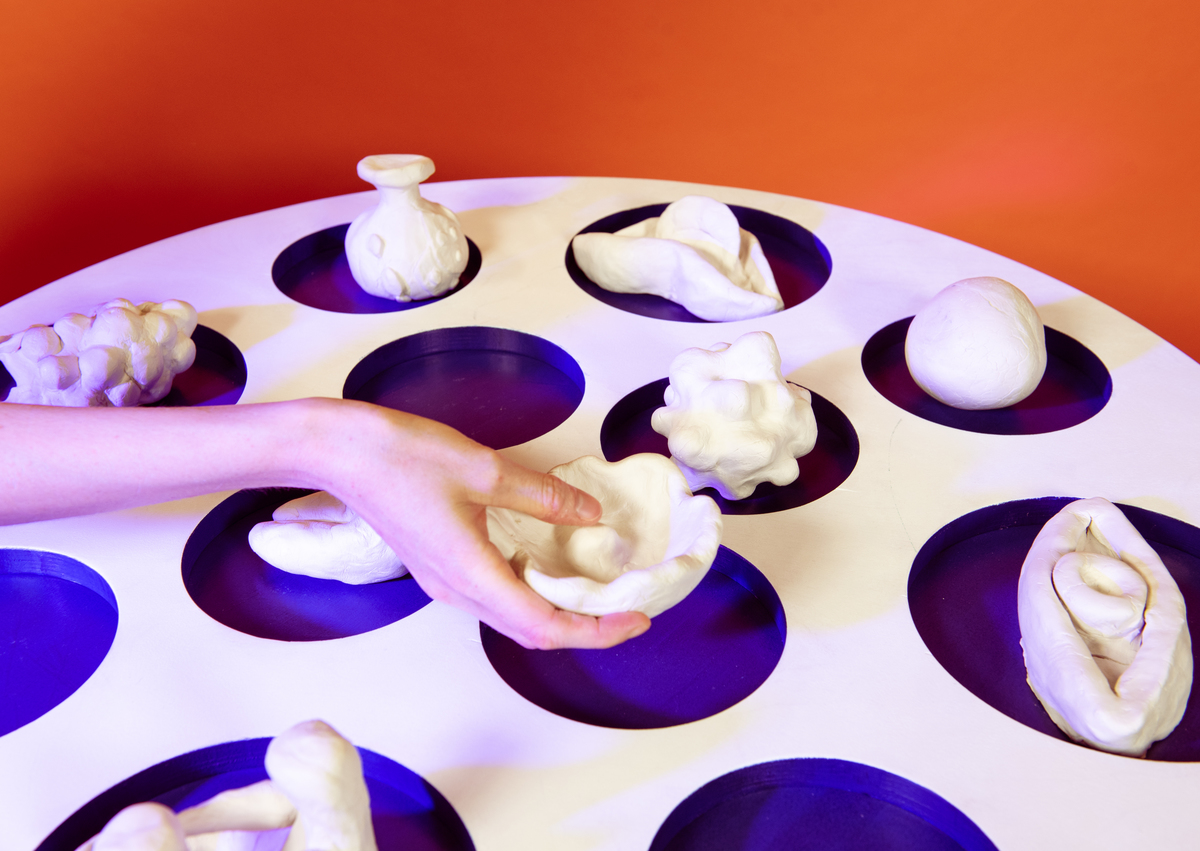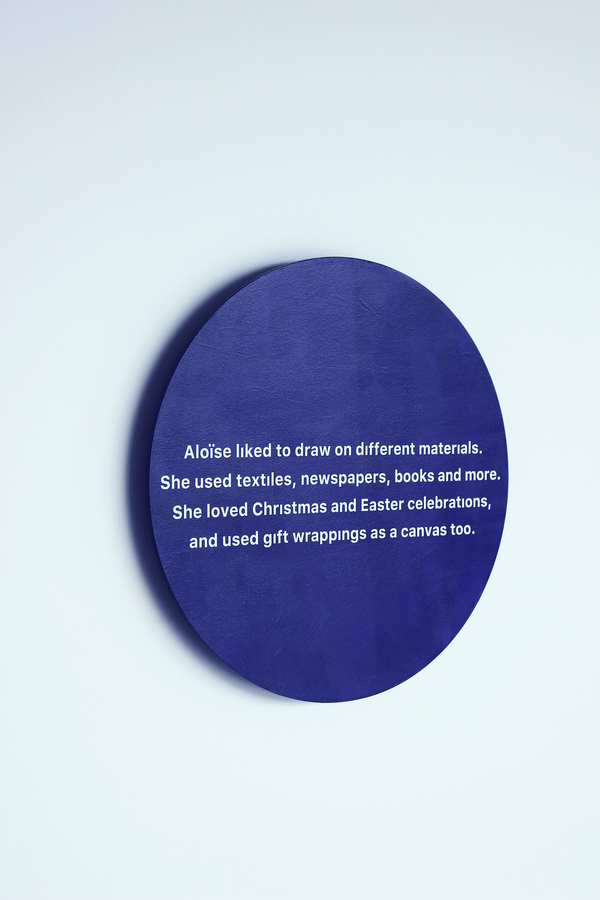
Milena Thea Bovet
INCLUSIVE DESIGN AND CULTURAL SPACES
An investigation into museum accessibility
Studium: MA Masterstudio Scenography
Jahr: 2024
Credits: Titelbild (Camilla Fivian)
This thesis explores the critical need for inclusive design in exhibitions, addressing the historical and ongoing gaps in accessibility for diverse audiences. Traditional design standards, often based on idealized human forms, have marginalized individuals with disabilities, reinforcing barriers rather than dismantling them. This research highlights the evolution of disability rights and design principles, emphasizing the shift towards universal design and neurodiversity.
The relevance of this topic lies in its potential to reshape how cultural institutions engage with all visitors. By focusing on inclusive practices, such as removing physical barriers, providing varied seating options, and offering clear, accessible information, exhibitions can become more welcoming and equitable.
The thesis also aims to develop a practical toolbox for designers, providing actionable strategies to create more inclusive and accessible spaces. Ultimately, this work advocates for a more empathetic and inclusive approach to exhibition design, reflecting broader societal movements toward diversity and equality. It calls for cultural institutions to embrace inclusive design as a means to better serve and reflect the diverse needs of their audiences.

